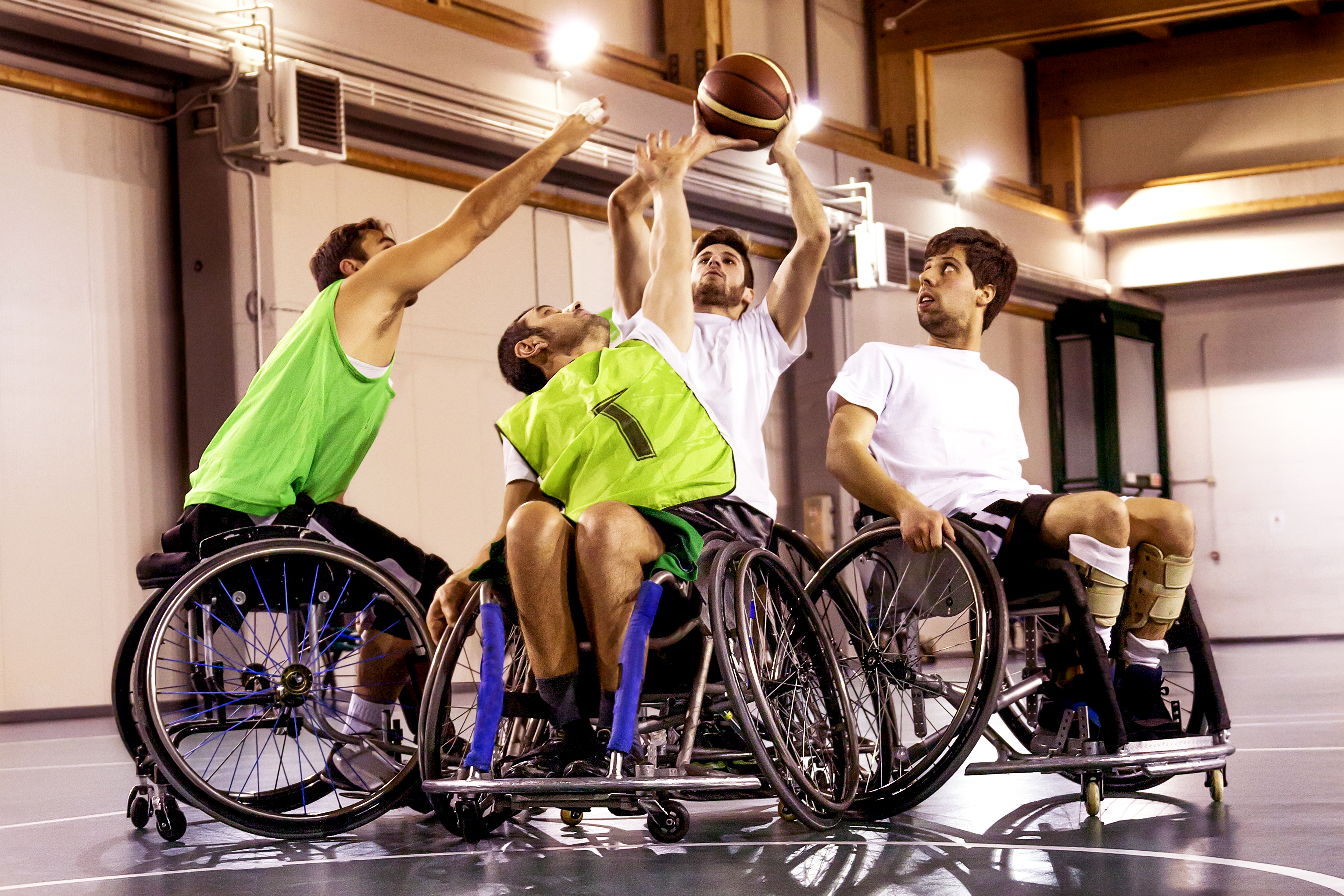
For older adults, supported independent living Melbourne is an important option. In this type of housing, you get the services and assistance you need to live in your own home as much as possible without losing the independence that makes life worth living.
While it’s best suited for people with some (or a lot) of physical limitations or mental health issues that can make it difficult for them to live on their own, it may also be an option for spouses who want to stay together after retirement or those who just want extra support from time to time.
In this post we’ll explore what supported independent living is all about and how you can find out if it’s right for you!
The benefits of supported independent living
Aging in place, or aging at home, is a popular choice for seniors. But what if you have limited mobility? Or you’re looking for more social interaction than your neighborhood offers? Maybe it’s time to consider living in a community of people who share similar interests and needs.

Supported Independent Living (SIL) can be a great option if:
- You want to live independently but need some help with daily tasks such as cooking, cleaning and shopping.
- You want the freedom to choose your own housing type (apartment or condo) without having to worry about arranging transportation or getting by without a car nearby.
- The idea of living alone doesn’t sound appealing–you’d prefer having someone else around during certain hours of day or night in case something goes wrong that requires assistance from an outside source.
Who is this type of housing for?
It’s important to note that, while there are many benefits to supported independent living, it may not be right for everyone. In order for you to determine if this type of housing is a good fit for your needs and goals, it’s important to understand what it involves.
- You must have at least one disability that makes daily living tasks difficult or impossible on your own (e.g., mobility issues).
- You must want to live independently in your own home instead of moving into an institution or long-term care facility.
What does supported independent living look like?
In supported independent living, you have a home with a landlord and community that offers social and recreational activities.
You also have access to a network of support services, such as healthcare professionals who can assist in planning your meals, cleaning your house and doing laundry. A team of professionals helps you live independently by providing guidance on issues such as financial management or personal safety.
How do I find a program that’s right for me?
When you’re looking for a program that’s right for you, it’s important to consider the following:
- The location and distance from your home. Does the program offer services in your area? Are they close enough to make it convenient for family members and friends who want to visit? If not, how far away is too far away? Some people may feel that they can’t leave their community or go too far from home because of family obligations or other reasons.
- The reputation of the organization offering support services. Has this organization been around for a long time? What kind of track record does it have helping people with disabilities live independently? Is there any feedback available about its performance through online reviews or word-of-mouth testimonials (such as those posted on social media)?
Conclusion
It’s important to remember that there is no one-size-fits-all approach to supported independent living Melbourne. The best way to find out if this type of housing is right for you is by talking with your doctor, caregiver and other trusted sources about what kind of support would be best for your specific situation.
